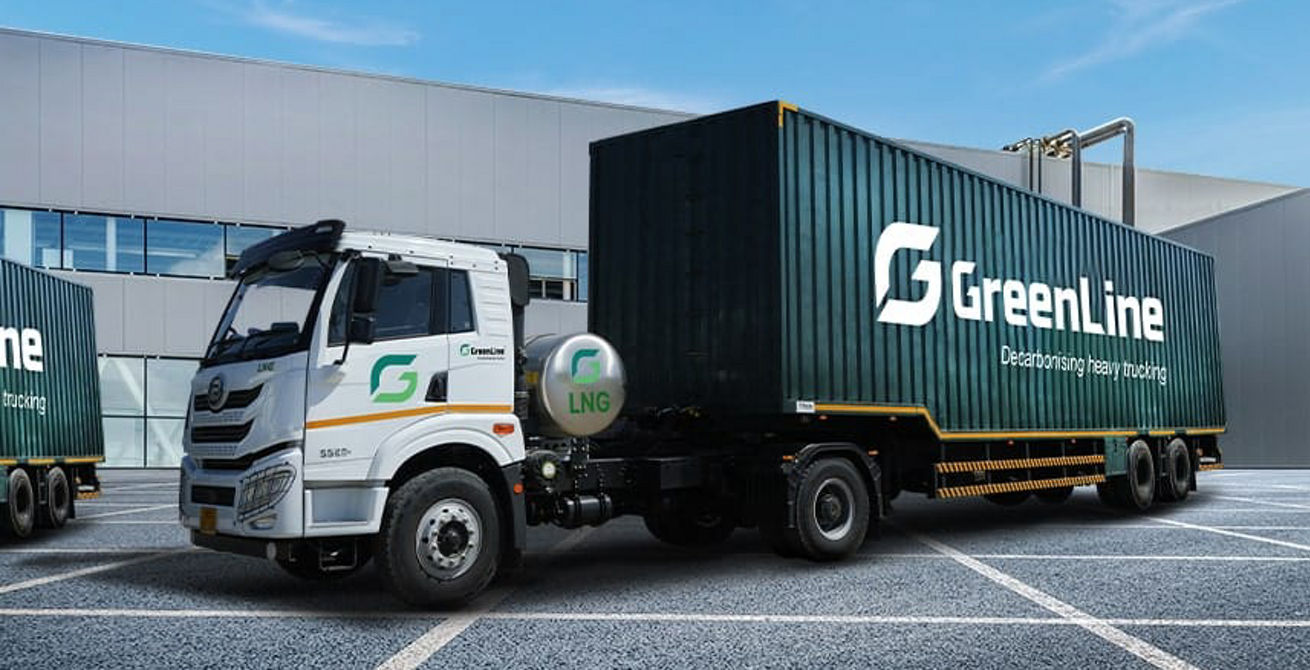The power of energy efficiency
Energy efficiency is a holistic approach to managing energy consumption, reducing waste, and improving sustainability metrics. Whether it's small actions like turning off lights and office heating at the end of the working day or more advanced measures such as redesigning processes for better energy efficiency, all these approaches are valid and bring long-lasting benefits.
By integrating energy-efficient technologies into everyday operations, companies can substantially cut their energy bills. LED lighting, for instance, consumes far less electricity compared to traditional incandescent bulbs, offering long-term savings. Advanced HVAC systems not only provide better temperature control but also consume less energy, reducing operational costs and minimizing maintenance expenses.
Onsite renewable energy production is another powerful tool. Solar panels, for example, require an initial investment but, over time, generate free energy that reduces or even eliminates utility bills. Companies can recoup their investment while positioning themselves as leaders in renewable energy use. Similarly, in areas where wind energy is viable, installing wind turbines can further reduce dependence on traditional energy providers, helping companies save while becoming more self-reliant.
More importantly, these energy-efficient solutions significantly cut a company's carbon footprint. Large facilities equipped with solar arrays can offset massive amounts of CO2, contributing to sustainability goals and enhancing a company’s public image as an environmental steward. Furthermore, onsite renewable energy production ensures energy security and stability, even during power grid disruptions, offering both financial and operational resilience. Energy-efficient technologies can adapt more quickly to market changes and new regulations, leading to more resilient businesses.
An ESG goalpost
Energy-efficient equipment often has a longer lifespan and requires less frequent maintenance, reducing operational interruptions and further slashing costs. However, implementing energy-efficient technologies isn’t just about cost savings — it also helps meet ESG objectives. Businesses today are under increasing pressure to align their operations with broader societal goals, including Environmental stewardship, Social responsibility and proper corporate Governance, and to contribute to the sustainability goals of their customers
This commitment to sustainability helps companies enhance their reputations, appealing to customers, investors, and employees who prioritize environmentally conscious practices. A company that actively reduces its energy consumption and carbon emissions demonstrates leadership in sustainability, positioning itself as a forward-thinking, socially responsible entity.
A symbiotic relationship with energy
The synergy between energy efficiency and renewable energy sourcing cannot be overstated. By reducing baseline energy demand through energy-efficient technologies, companies make their renewable energy systems more effective. When businesses optimize energy consumption—by improving lighting, heating, cooling, and production processes—they naturally use less power. This reduction in baseline demand means they need less energy from both traditional and renewable sources.
For instance, if a company adopts energy efficiency measures and lowers its overall energy consumption, its onsite solar power or wind turbine system can supply a larger portion of its total energy needs. Instead of needing an extensive array of solar panels to cover peak demand, the company can meet its energy goals with a smaller renewable energy setup. This maximizes the effectiveness of renewable energy sourcing, accelerating the transition away from fossil fuels and contributing to a cleaner energy mix.
In this way, energy efficiency not only helps businesses cut costs but also empowers them to achieve greater sustainability with smaller, more affordable renewable energy systems.
The role of employee engagement in energy efficiency
While technology plays a crucial role in energy efficiency, the human factor is just as important. Employees are the driving force behind many energy-saving initiatives, and their involvement can make or break an energy efficiency program. Engaging employees in energy-saving efforts has a profound impact. When employees are informed and motivated, they become active participants in sustainability goals. Simple actions—such as turning off unused equipment, reporting inefficiencies, or supporting the implementation of new technologies — can lead to significant energy savings.
By cultivating a culture of energy awareness, companies can ensure that every employee feels responsible for reducing the organization’s energy consumption. This collective effort amplifies the effectiveness of energy-efficient measures, resulting in deeper cost reductions and enhanced sustainability outcomes.

